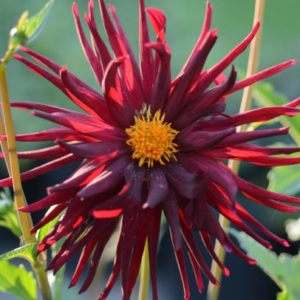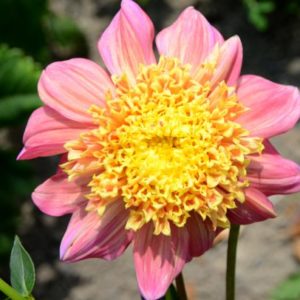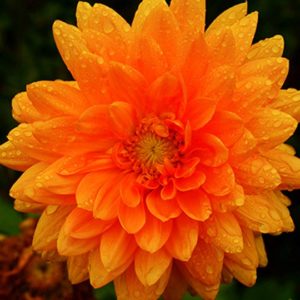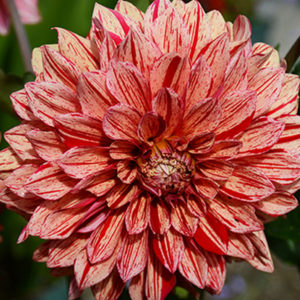Description
 Herb, Thai Basil
Herb, Thai Basil
One of the world’s most beloved herbs, grown on every continent but Antarctica (where it is grown in greenhouses), Basil is an annual herb. The plant has been grown for thousands of years for both its culinary and medicinal benefits. During the Middle Ages, Basil was believed to induce madness if the powder made from its dried leaves was snorted through the nose. Today there is no scientific evidence to support that snorting basil causes madness. Basil has largely enjoyed a relationship of love and respect with mankind. During the Victorian Era, a gentleman presenting basil to a lady meant that he wished for the lady to fall in love with him and never leave him. If a lady placed a pot of basil on her balcony, it meant that she was ready to receive suitors. However, maybe the best anecdotal historic legend comes from the Greeks and Romans. Physicians from these two cultures believed that to grow a good crop of basil, one needed to shout and curse when sowing the seeds. From this tradition came the French axiom, “semer le basilica” – “sowing the basil” an idiomatic expression for ‘raving’.
Basil is a gentle, if not pleasant, aid for digestion. A tea made from basil leaves enjoyed after dinner is known to ease the digestive process. It can be used for stomach cramps, vomiting and constipation. It is also believed to have a mild sedative ability and so is often prescribed for stress headaches and anxiety.
Basil is best when consumed fresh, but it can also be stored. The best way to store basil is to make a paste out of pureed leaves and olive oil, to freeze the paste in ice cube trays and then to store the “basil ice cubes” in sealed plastic freezer bags. Stored in this way, the basil can last up to a year.





